
By Ben Brako
Ghana’s governance crisis is not merely about corruption—it is about identity. The plunder of over $21 billion USD under the previous administration was not an anomaly. It was the natural outcome of a neocolonial system—Aban—designed for elite extraction, not communal stewardship.
The rules that enabled this theft remain untouched. The constitution still enshrines Aban: a foreign, imposed structure operated by parliament, the presidency, and the legal system. It is a system alien to our cultural ethos, disconnected from community accountability, and engineered for exploitation.
In contrast, Oman—our indigenous governance system—is holistic, organic, and rooted in responsibility to and by the people. It is time to reclaim Oman as the singular framework for national administration. Not as nostalgia, but as strategic necessity.
Aban vs. Oman: Two Systems, Two Outcomes
| Feature | Aban (Neocolonial System) | Oman (Traditional System) |
| Origin | Imposed by colonial powers | Evolved from communal traditions |
| Accountability | Top-down, bureaucratic | Bottom-up, communal and spiritual |
| Leadership | Party operatives, MPs | Chiefs, elders, lineage-based stewards |
| Cultural Legitimacy | Foreign norms and laws | Indigenous ethics and rituals |
| Vulnerability to Corruption | High—centralized and opaque | Low—embedded in community scrutiny |
Aban is a wall—closed, imposed, and extractive. Oman is a home—open, rooted, and regenerative.
ORAL: A People’s Mandate Trapped in Aban
Operation Recover All Loot (ORAL) was born from public outrage. It seeks to reclaim stolen wealth and restore dignity. But its slowdown reveals a deeper truth: you cannot fight Aban corruption using Aban tools.
Despite credible investigations, most perpetrators remain untouched. The legal system drags. Parliament deflects. The presidency hesitates. Why? Because these institutions are structurally incapable of self-correction. They are designed to protect the elite, not the people.
ORAL must evolve. It must become a transitional mechanism—not just for asset recovery, but for systemic transformation.
The Anatomy of Loot: Enabled by Aban
| Scandal | Estimated Loss | Aban Loophole |
| Banking Sector Cleanup | GH?25B | Executive discretion, weak oversight |
| Agyapa Royalties Deal | $500M | Offshore structuring, lack of community consent |
| PDS Power Concession | $300M | Fraudulent documentation, sole-sourcing |
| COVID-19 Procurement | $100M | Emergency powers, bypassed parliamentary scrutiny |
| National Cathedral | $58M | No procurement transparency, religious cover |
| Sky Train Project | $2M | No deliverables, no accountability |
These are not just financial crimes. They are constitutional consequences. Aban enables theft by design.
The Case for Deterrence and Cultural Justice
Ghana’s anti-corruption laws are toothless. Fines are symbolic. Jail terms are negotiable. Political shielding is rampant.
To reverse the enabling tone of free looting, Ghana must consider culturally resonant deterrents:
- Asset forfeiture and public restitution
- Lifetime bans from public office
- Community-led tribunals and spiritual sanctions
- Capital punishment for egregious economic sabotage, as practiced in Indonesia and China
This is not vengeance. It is moral clarity. In Oman, leadership is sacred. Theft is sacrilege. The punishment must reflect the breach.
Restoring Oman: Governance Rooted in Belonging
Before colonialism, Ghana thrived under Oman. Chiefs were not rulers—they were stewards. Elders were not politicians—they were custodians of wisdom. Decisions were made in the open, with ritual, consensus, and accountability.
Today, MPs and party operatives operate outside this framework. They are not embedded in the community, and thus escape scrutiny.
Reposing governance in Oman—buttressed by modern tools like accountancy and data systems—is not regression. It is strategic restoration.
- Constitutional Reset: From Aban to Oman
Ghana must initiate a bottom-up constitutional reset that:
- Elevates Oman as the singular governance system
- Decentralizes power to community councils
- Institutionalizes deterrent penalties for corruption
- Integrates traditional justice with modern transparency
- Creates real-time asset tracking and recovery mechanisms
This is not a rejection of modernity. It is a reconciliation of identity and functionality.
Conclusion: From Loot to Legacy
Ghana cannot afford another cycle of Aban-enabled theft. The people are watching. The youth are restless. The elders are ready.
Let ORAL be the spark—not just to recover stolen wealth, but to recover our governance soul.
Let us not merely change officials. Let us change the system.
Let us return to Oman.
The post ORAL ???????? reclaiming the governance soul: From Aban loot to Oman legacy appeared first on The Business & Financial Times.
Read Full Story



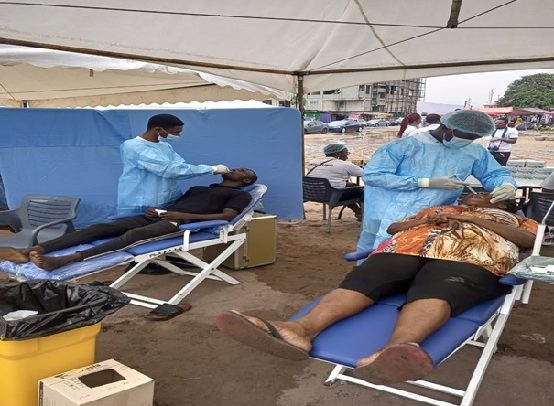
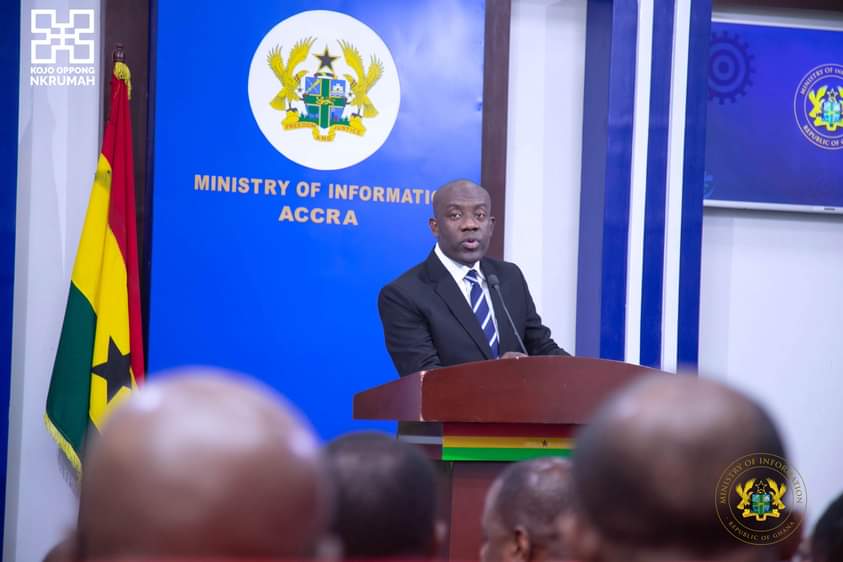


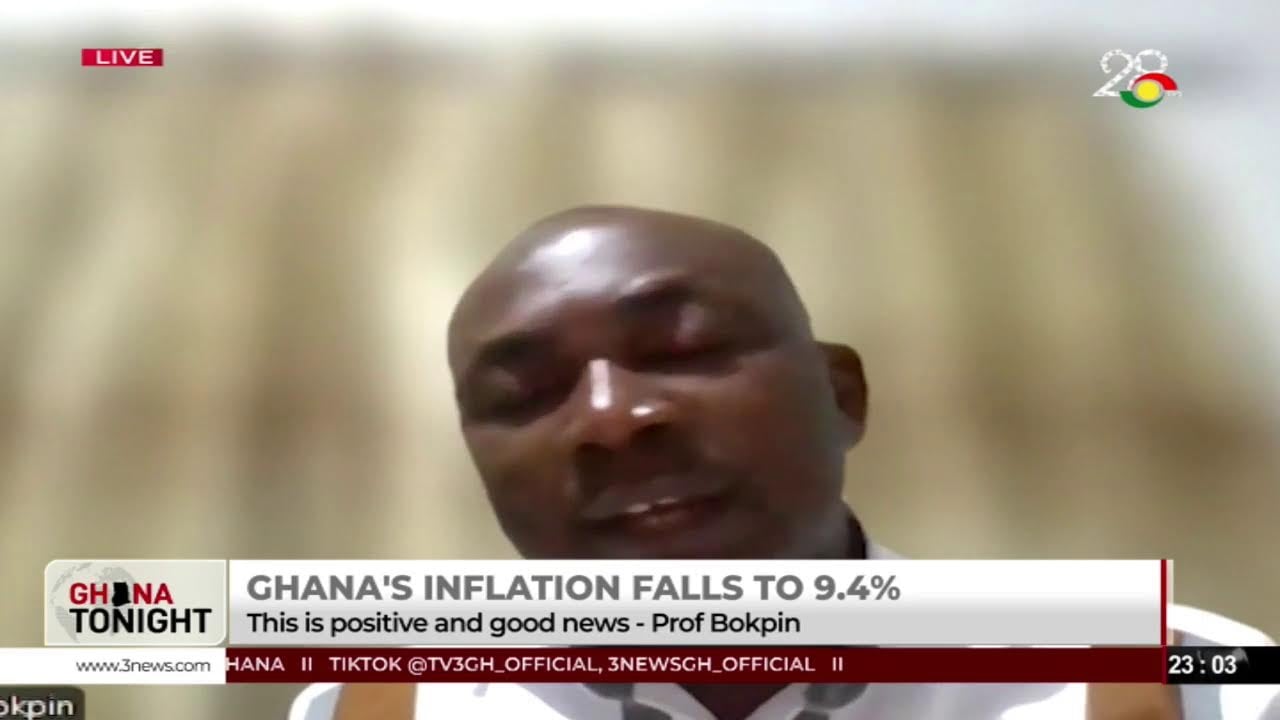



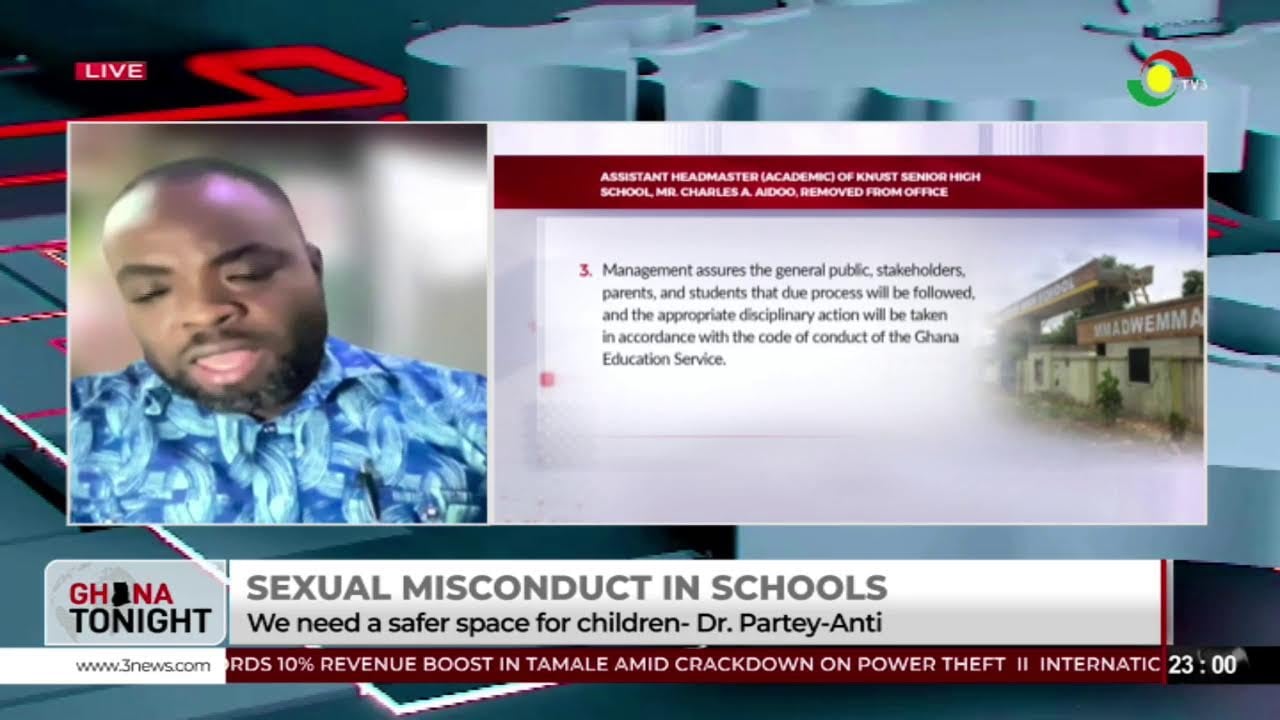



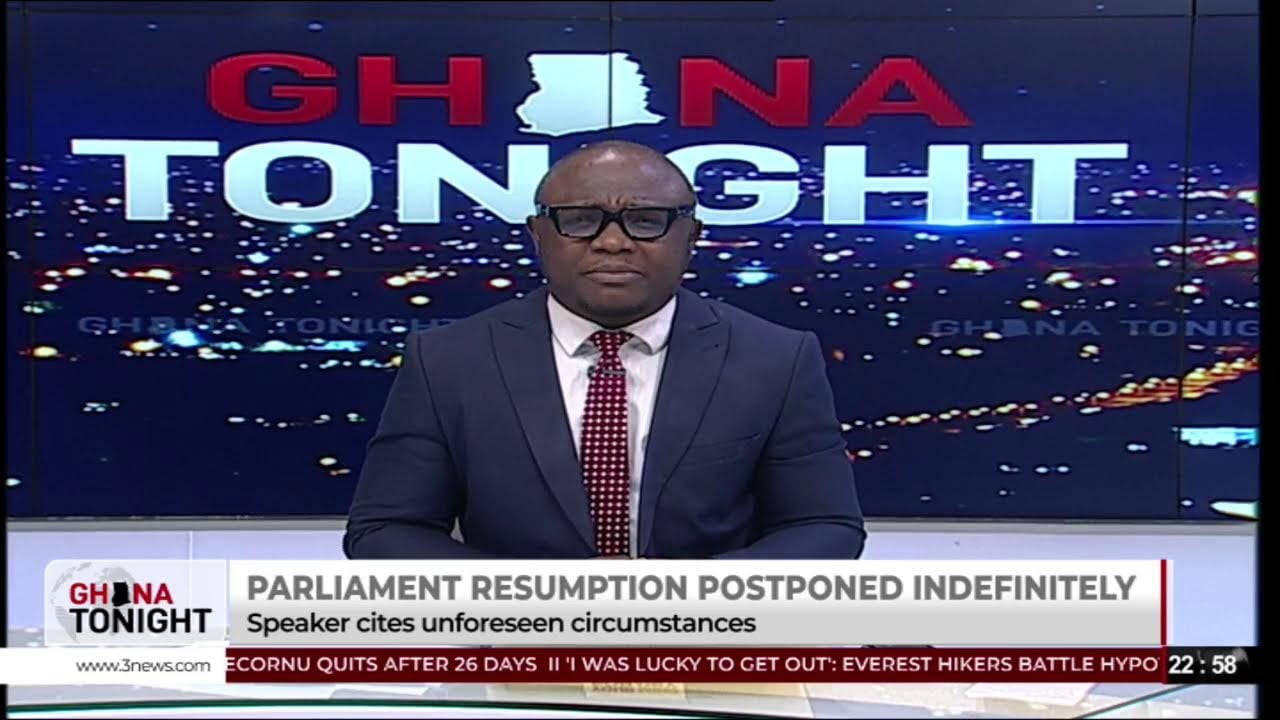






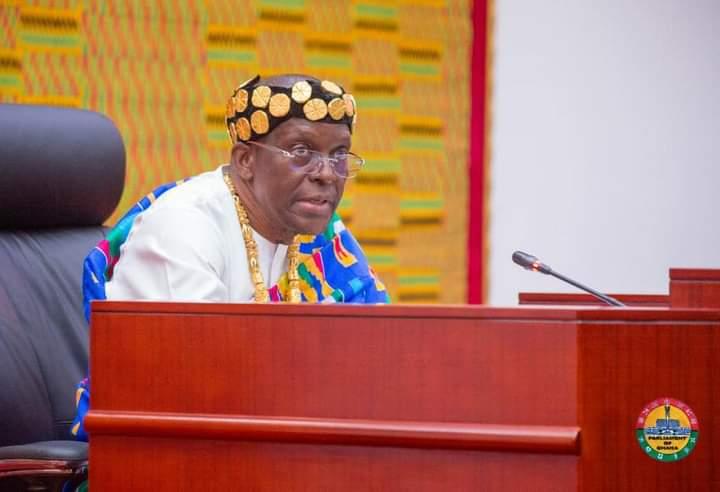

Facebook
Twitter
Pinterest
Instagram
Google+
YouTube
LinkedIn
RSS